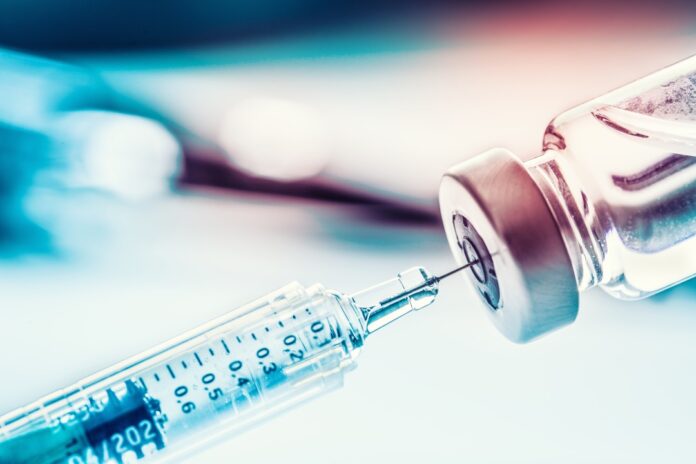The Russian Health Ministry has announced the development of a groundbreaking mRNA-based cancer vaccine, which will be distributed free of charge to patients starting in early 2025. Unlike preventive vaccines, this vaccine is designed for therapeutic use in treating existing cancer patients.
The announcement was made by Andrey Kaprin, General Director of the Radiology Medical Research Centre under the Russian Ministry of Health. Speaking to TASS news agency, Kaprin revealed that the vaccine had successfully completed pre-clinical trials. These trials reportedly demonstrated the vaccine’s ability to suppress tumor growth and inhibit potential metastases. Alexander Gintsburg, Director of the Gamaleya National Research Center for Epidemiology and Microbiology, corroborated the findings.
Russian President Vladimir Putin had previously hinted at significant advancements in cancer vaccine research. Speaking in February, he stated, “We have come very close to the creation of so-called cancer vaccines and immunomodulatory drugs of a new generation.”
Gintsburg emphasized the role of artificial intelligence in accelerating vaccine development. He explained that artificial neural networks could reduce the time required to create personalized cancer vaccines from months to less than an hour. Currently, the process involves complex mathematical computations using matrix methods. However, collaboration with the Ivannikov Institute is expected to streamline these procedures through AI-powered neural network computing.
Russia’s announcement comes amid a global race to develop effective cancer vaccines. The British government has partnered with Germany’s BioNTech to create personalized cancer treatments. Additionally, U.S.-based pharmaceutical companies Moderna and Merck & Co are collaborating on an experimental cancer vaccine for melanoma. A mid-stage study of their vaccine indicated it could halve the risk of recurrence or death from the disease within three years of treatment.
The World Health Organization (WHO) has already licensed vaccines against human papillomaviruses (HPV) and hepatitis B (HBV), both of which are linked to certain cancers, such as cervical and liver cancer.
While the Russian vaccine represents a significant milestone, many details remain unclear. The Health Ministry has not specified which types of cancer the vaccine targets, nor has it disclosed the vaccine’s official name. Further information is expected as the vaccine approaches its scheduled release in early 2025.



